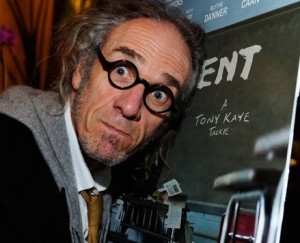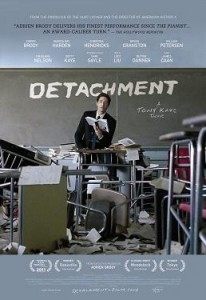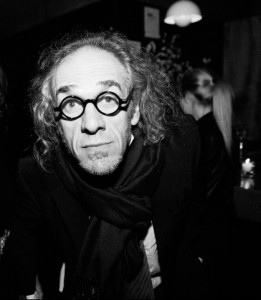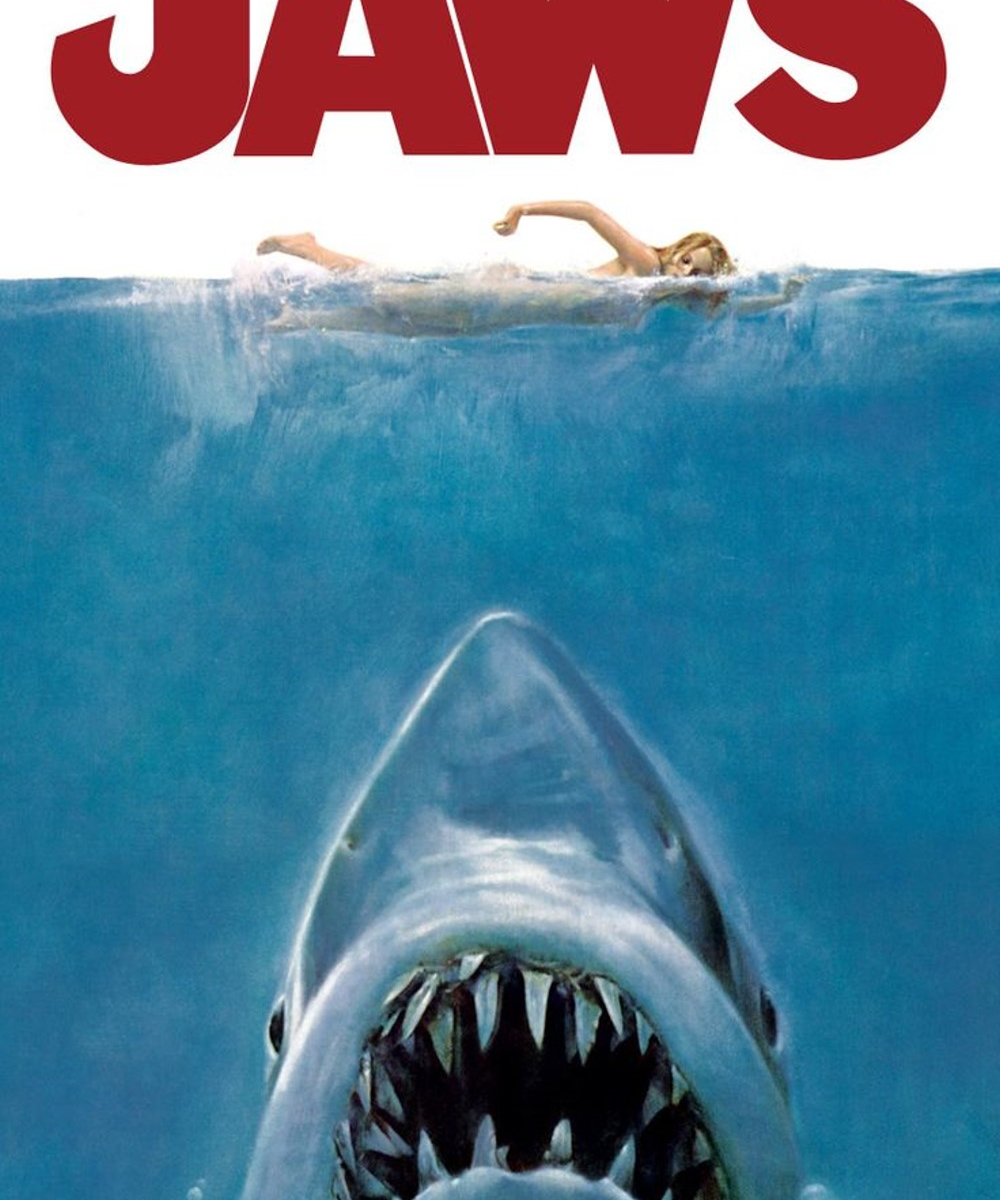 Multi-award nominated video director Tony Kaye, who has worked with such artists as Soul Asylum, Roger Waters and the late Johnny Cash, made a big splash with his first feature film, “American History X.” The film, about a white supremist gang member trying to keep his younger brother from following in his footsteps, featured Edward Norton in an Oscar nominated performance. The studio, New Line Cinema, asked Kaye to re-cut his original version, which he did. Unsatisfied, a third edit was done without Kaye’s approval. Outraged he asked the studio to remove his name from the credits and replace it with Alan Smithee, a common pseudonym for directors whose film was taken away from them and re-cut against their wishes. The name has appeared on such films as “Hellraiser: Bloodline” (directed by Kevin Yagher), “Catchfire” (directed by Dennis Hopper) and the television film “Riviera,” which was directed by the great John Frankemheimer. When the studio refused he asked that his credit be listed as “Humpty Dumpty.”
Multi-award nominated video director Tony Kaye, who has worked with such artists as Soul Asylum, Roger Waters and the late Johnny Cash, made a big splash with his first feature film, “American History X.” The film, about a white supremist gang member trying to keep his younger brother from following in his footsteps, featured Edward Norton in an Oscar nominated performance. The studio, New Line Cinema, asked Kaye to re-cut his original version, which he did. Unsatisfied, a third edit was done without Kaye’s approval. Outraged he asked the studio to remove his name from the credits and replace it with Alan Smithee, a common pseudonym for directors whose film was taken away from them and re-cut against their wishes. The name has appeared on such films as “Hellraiser: Bloodline” (directed by Kevin Yagher), “Catchfire” (directed by Dennis Hopper) and the television film “Riviera,” which was directed by the great John Frankemheimer. When the studio refused he asked that his credit be listed as “Humpty Dumpty.”
Despite the controversy, Kaye is still a talented and much sought after director. He has earned six Grammy award nominations for his video work, winning the award in 2006 for his video of Johnny Cash’s “God’s Gonna Cut You Down.” His second feature, an abortion documentary entitled “Lake of Fire,” was praised by critics and named to the short list (Best 15) of documentaries by the Academy of Motion Picture Arts and Sciences. His third and most recent film, “Detachment,” recently screened at the Tribeca Film Festival, again to high praise. During a long day promoting the film Mr. Kaye took the time to sit down with Media Mikes to talk about art, working with his daughter and the meaning of life!
Mike Smith: How has your day been?
Tony Kaye: Quite hectic, thank you. But I enjoy these different experiences in speaking about my work.
MS: “Detachment” is a very deep and dark film. How did you become attached to the project?
TK: I’ve always had an interest in being a teacher…maybe art school or film school or something. I’m very interested in social issues. So when my agent sent me the script and I saw what it was about I was immediately intrigued. It was really the wonderful writing of Carl Lund…it was so good that I wished I had written it. I felt it would give me a wonderful opportunity to get some great actors and some great performances.
MS: The film features some of Adrien Brody’s best work. How did you attract him to the film?
TK: Adrien’s father has been a public high school teacher for 30 years. And he reads a lot of the scripts that are sent to Adrien. And he said, “son, you have to do this one!” (laughs) It was really an incredible opportunity for me. I’ve got a teacher that wrote the movie and then I get the son of a teacher as the star of the movie. Plus I had the opportunity to cast an Oscar winning movie star. Adrien is such a cool guy and he brought that dynamic to the set. All of the other actors were saying, “well, Adrien seems to be listening to Tony so I might as well do the same!”
MS: Speaking of the other actors, you have a great supporting cast, including James Caan, Blythe Danner and Marcia Gay Harden. Were you involved in the casting? Were you able to pick and choose the actors you thought best for the roles?
TK: When you have a script that’s as good as the one Carl wrote it’s very easy…it’s certainly not difficult…for great actors to want to give their time.
MS: The animation sequences in the film are quite original. How did you come about the decision to include it?
TK: The idea of the animation came to me during editing. I wanted the school to be a character. I wanted the school to talk. And the way I thought it could talk would be if the blackboard became animated. And there was no texting in the movie…there was no “smart” board. There was a blackboard. There are no computers…in fact the teachers don’t have lap tops, they write in composition books.
MS: The film also features the screen debut of Ms. Betty Kaye, your daughter. What was the experience like, directing her?
TK: It was an incredible gift and opportunity for a father that’s a director to actually work with his oldest daughter on her first film. It was an incredibly challenging role for her and she’s so brave. It makes me cry…I weep…and I’ve seen the movie fifty times! And I still cry when I see what she’s exposed herself to. Really unbelievable. She’s a great artist and she’s finishing her education now at University. I should add that I had every intention of not giving her the role if she wasn’t the best. I saw a couple hundred girls for that role and she really was the best. I gave her the script two or three years before we made the film so she really knew the movie. She really knew that character from every single angle.
MS: You have a book coming out titled “Epicomedy.” Tell us a little bit about that project.
 TK: I was originally an art student…I had to study filmmaking when I was in college. My initial calling was to pain. I’ve been painting all my life. I did a couple of conceptual shows in the late 1980s. I’m doing a book…a couple books…which will include all of my scribbling and paintings and things.
TK: I was originally an art student…I had to study filmmaking when I was in college. My initial calling was to pain. I’ve been painting all my life. I did a couple of conceptual shows in the late 1980s. I’m doing a book…a couple books…which will include all of my scribbling and paintings and things.
MS: IMDB lists your next project as “Attachment.” Any similarities in that film and this one or just in the titles?
TK: Well, nothing is an accident, you know? I believe that everything is predestined…worked out…in your life. But yet your choices are what your choices are. And it’s up to us how we deal with them….re-actively or proactively. Hopefully not re-actively, as I’ve learned in my own life. There is a similarity in the underlying theme. I didn’t write “Attachment.” I actually thought it was a joke when it was sent to me. The underlying theme of both movies is love. And that love beats death. So there is an underlying theme, but it’s buried eight million miles deep!

